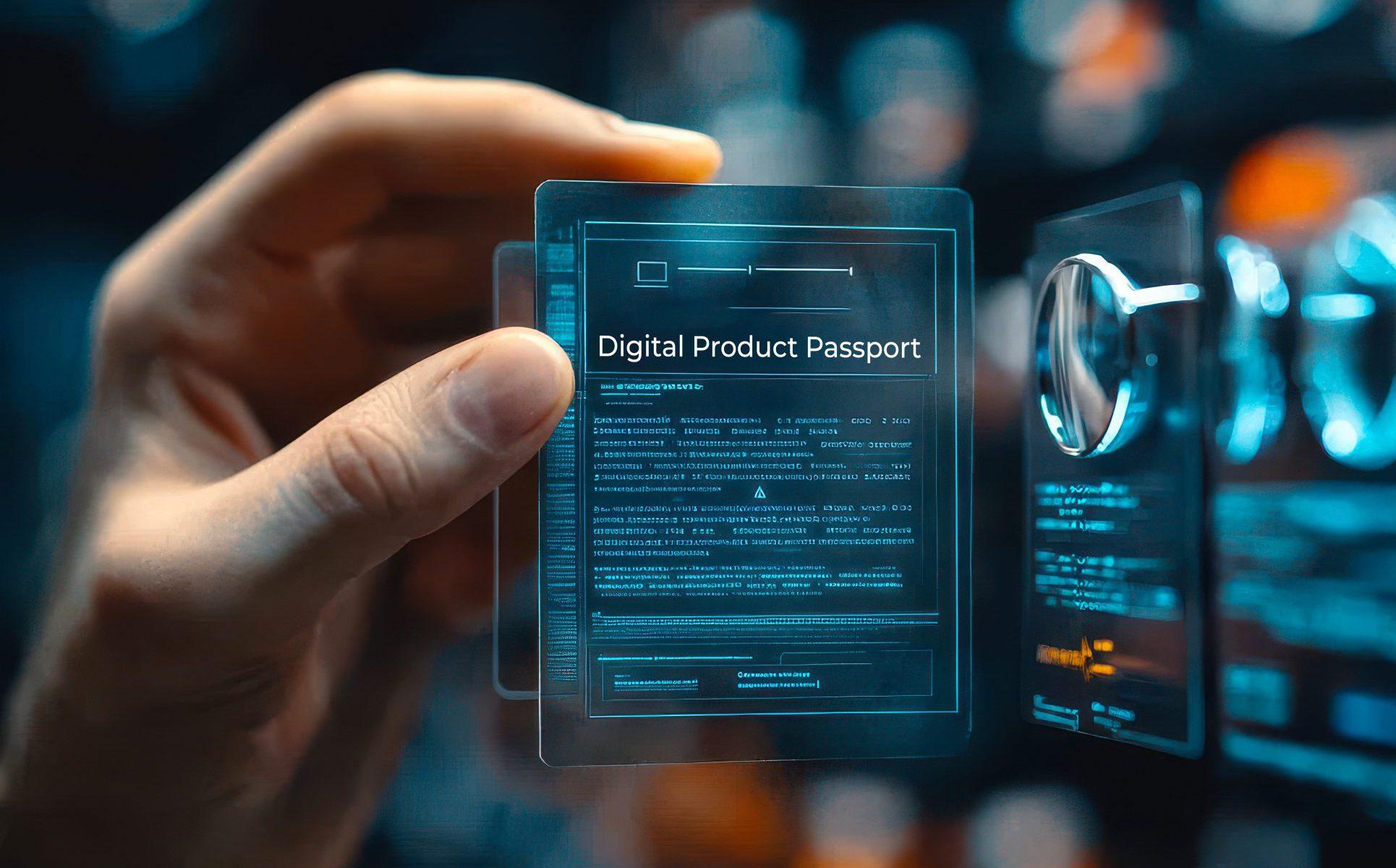Digital Product Passport: “Ensuring Genuine Transparency”

18 April, 2025
Michael Fälbl from the Industry 4.0 platform discusses the potential and challenges of a forward-looking concept.
The Digital Product Passport (DPP) is a key element of future circular economy models. It enables end-to-end documentation across the entire product life cycle – from design and production to use, return, and recycling. Technologies such as artificial intelligence, blockchain, and big data are driving forces that not only create transparency but also make processes more efficient and sustainable.
On April 28, our Start me up Monday event will bring together startups and experts to discuss this topic. In the run-up to the event, we spoke with Michael Fälbl from the Industry 4.0 platform, one of the speakers, and with Nikolas Angel (researcher/lecturer at UAS Technikum Wien) about the potential and challenges of the digital product passport.
How can the Digital Product Passport accelerate the transition from a linear to a circular economy?
Michael Fälbl: “If you want to overhaul an electronic device, reuse or recycle components, you need to know the exact properties of the product. The Digital Product Passport is intended to make a digital image of the product with relevant data available in the long term – thus closing a gap in the circular economy.”
How can the DPP also create added value for consumers?
Michael Fälbl: “Today, marketing messages dominate the flow of information. The DPP can provide real transparency here: What materials are contained in the product? How CO₂-intensive was the production? This comparability not only benefits consumers, but also companies that take sustainability seriously.”
What are the biggest challenges in implementing the DPP?
Michael Fälbl: “The DPP must not become an additional bureaucratic monolith. Ideally, it will simplify existing reporting and documentation requirements. And: We need uniform enforcement in Europe so that all participants have the same playing field.”
How can a digital product passport (DPP) improve cooperation between manufacturers, recyclers, and consumers?
Nikolaus Angel: A digital product passport makes the entire life cycle of a product transparent—from the origin of the raw materials and the components used to maintenance and recycling information. This traceable data basis ensures that everyone involved speaks the same “language”: Manufacturers can design their products to be recyclable, plan more accurately when components need to be taken back or refurbished, and thus establish new business models such as trade-in or pay-per-use concepts. Recyclers gain early access to precise material and disassembly information, enabling them to provide high-quality secondary raw materials. Consumers, in turn, gain confidence because they receive reliable information on origin, reparability, and overall environmental performance, enabling them to make informed purchasing or usage decisions. The increased transparency not only reduces coordination efforts and misunderstandings between stakeholders, but also opens up economic potential that ultimately benefits all groups of actors.
What are the biggest challenges in implementing a DPP in practice?
Nikolaus Angel: The introduction of a digital product passport requires the simultaneous interaction of technical, legal, and organizational changes. At the technical level, heterogeneous IT landscapes, machine parks, and data formats must be harmonized and consistent interfaces created without compromising cyber security and data integrity. At the same time, legal issues relating to data sovereignty, competition, and data protection must be clarified—a task that is particularly complex in internationally diversified supply chains and is gaining momentum due to future EU regulations such as the Ecodesign Regulation. Finally, the organizational dimension requires breaking down internal silos, redefining responsibilities, and empowering employees to ensure that relevant information is complete, up-to-date, and quality-assured when it flows into the passport. Companies with global value networks are thus faced with the challenge of balancing these three levels in parallel without jeopardizing their day-to-day business.
What developments could have a decisive impact on the circular economy in the next five to ten years?
Nikolaus Angel: In the coming years, the circular economy will be shaped by a combination of political, technological, and market forces. On the regulatory side, the EU Ecodesign Regulation with its mandatory digital product passport and the “right to repair” are cementing the transition from voluntary to mandatory circularity standards, while extended producer responsibility will cover new product groups. Business models such as product-as-a-service, subscription and pay-per-use concepts, and large-scale refurbishment platforms are gaining ground because they directly demonstrate the economic viability of circular strategies. Procurement logic is also changing: companies will increasingly rely on regional secondary raw materials, urban mining, and diversified supply sources to reduce geopolitical risks and improve their carbon footprint. Last but not least, social and financial pressure is growing: consumers increasingly value transparency and reparability, and capital markets are increasingly linking investments to robust ESG credentials. Taken together, these developments are acting as a catalyst for future generations of products to be designed, used, and recycled from the outset.
Program and information about Start me up Monday:
https://www.technikum-wien.at/events/start-me-up-monday-digitaler-produktpass/